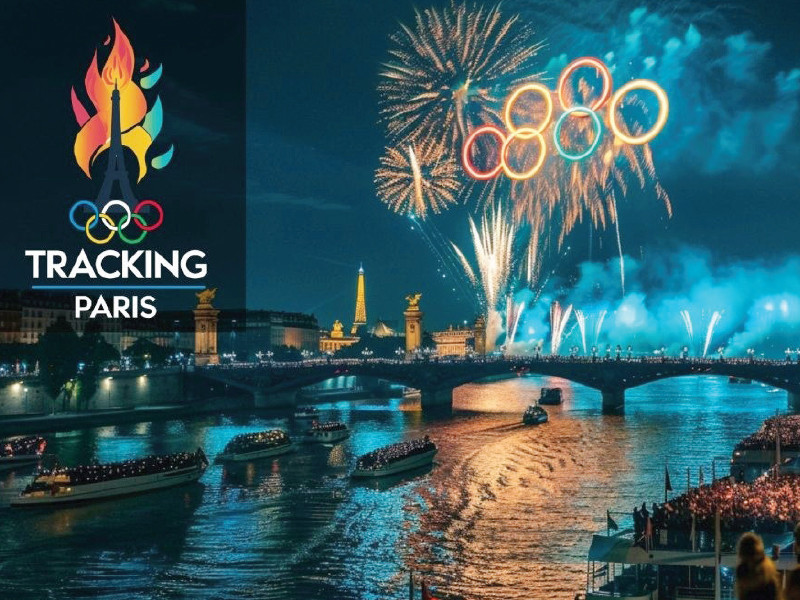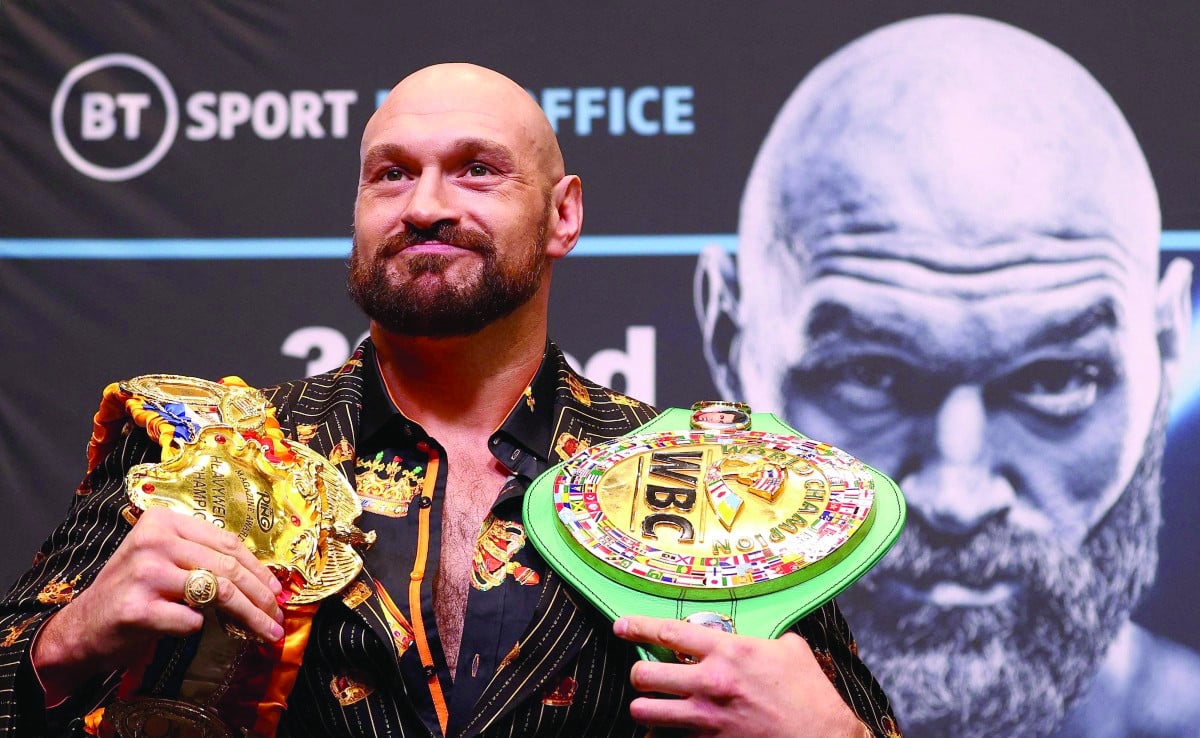PARIS:
What was the star of one of the “all-time great” Olympics? It was quite simply Paris, due to the imagination of the organisers in placing temporary venues among world-renowned landmarks.
That is the view of Hugh Robertson, the British minister responsible for delivering the 2012 London Games, and two former IOC executives.
From beach volleyball at the Eiffel Tower to the elegant surroundings of the Palace of Versailles for the equestrian events and the grandeur of the Grand Palais for fencing and taekwondo, the Paris Games were a veritable tourists’ guide to the “City of Light”.
Michael Payne, a former head of marketing at the IOC, said that in terms of legacy Paris had succeeded in ensuring the “Olympics are clearly back” after “the chaos of Rio” and the Covid-affected 2021 Tokyo edition.
“These Games will go down as one of the all-time great Olympic Games,” the 66-year-old Irishman told AFP.
“The presentation of Paris as one massive Olympic venue, with its incredible iconic buildings as a backdrop, has had a massive impact on the TV ratings around the world,” he added.
Terrence Burns, another former IOC marketing executive, told AFP he thinks Paris has set a “very high bar” for the 2028 hosts Los Angeles.
“Each Games brings something unique,” the American told AFP.
“This one will be remembered as much for the city as the Games that took place in it.
“So much was riding on the success of Paris 2024.
“Each venue felt like a piece of history and I loved how they used the city itself as the canvas upon which to paint a beautiful Games — unmatched.”
Robertson, a former Conservative lawmaker in Britain who has been the head of the British Olympic Association since 2016, says London’s Olympic Park from 2012 with “traditional stadia all over it” may be the last of its kind.
“If there is one thing I really learned from Paris, it is using temporary venues in stunning locations,” he told AFP.
“Future hosts should use it as a template in not building permanent stadia and instead putting temporary stands in beautiful locations.”
Payne, who oversaw a transformation in the IOC’s brand and sponsorship during his two decades there, believes what the organisers did in exploiting Paris’s landmarks and natural beauty will be a game changer for bid cities.
“I think Paris, with their venues throughout the city, set against iconic stunning backdrops (and no major new sports infrastructure built), will kickstart a whole new era in cities wanting to host the Olympic Games, much as Barcelona 1992 did,” he said.
Robertson said one venue stood out for him — appropriately where Team GB enjoyed success in what is his final bow.
“The equestrian venue at Versailles was stunning, one of the greatest venues of all time,” said the 61-year-old.
“Sitting in that bowl looking out with the Palace of Versailles in the background, I cannot think of a better venue in the five Games I have been to.”
Burns has attended many Games but even his breath was taken away by one of the venues.
“The beach volleyball venue was the most amazing setting for any sporting event I’ve ever seen,” he said.
As for the revolutionary opening ceremony with a parade on the River Seine, Burns was lukewarm, preferring the tradition of the athletes coming together in a stadium, but Robertson felt it worked brilliantly.
“It was very important it got the French people behind the Games and to that extent it succeeded,” he said.





